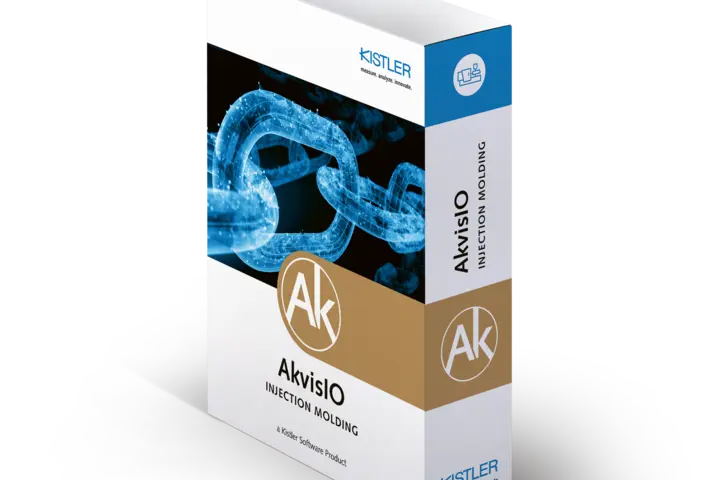Smart process monitoring: the key to a circular economy in the injection molding industry – at Fakuma 2023 in Friedrichshafen
What will the future of injection molding look like? Thanks to appropriate sensor technology with matching hardware and software, today's users already benefit from intelligent solutions that automatically detect deviations from the standard during the injection molding process, adjust parameters, and separate bad parts by itself. Kistler will show visitors to this year's Fakuma how sustainable use of resources, smart process monitoring and increased digitalization will shape the future of injection molding. Highlights at Kistler's booth A2-2302 in hall A2 from 17 to 21 October will include new firmware versions for the ComoNeo and ComoScout process monitoring systems with extended functionalities, as well as the Stasa QC Optimizer.







![Digital meets circular economy – Kistler at Fakuma 2023 [object Object]](https://kistler.cdn.celum.cloud/SAPCommerce_Document_Preview/999-264e.webp)